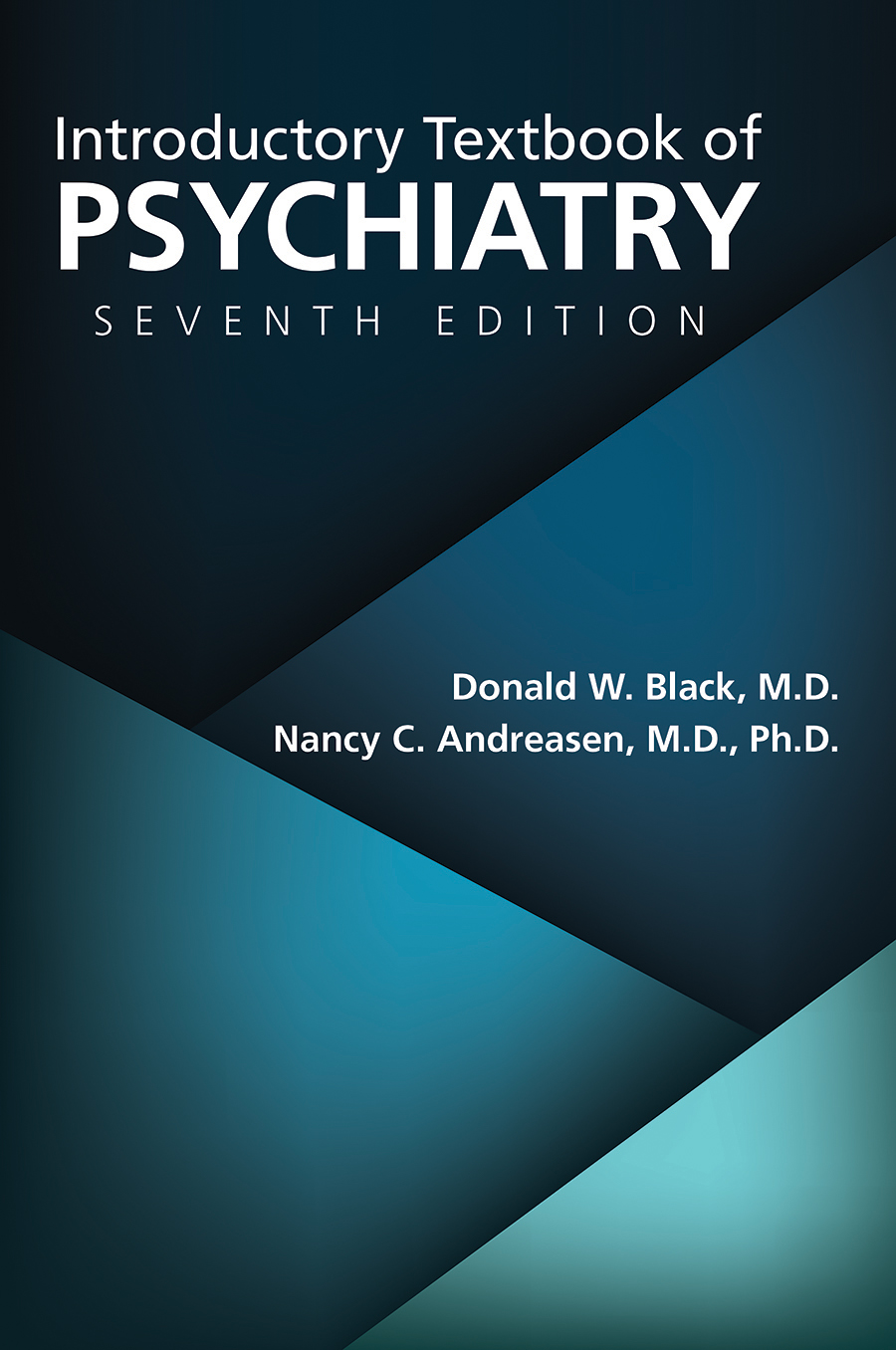Sections
Excerpt
Schizophrenia is not a “split personality,” as many people assume, based on its name. The illness is called “schizo” (fragmented or split apart) “phrenia” (mind) because it causes its victims to experience profound disabilities in their capacity to think clearly and to feel normal emotions. It is probably the most devastating illness that psychiatrists treat. Schizophrenia strikes people just when they are preparing to enter the phase of their lives in which they can achieve their highest growth and productivity—typically in the teens or early 20s—leaving most of them unable to return to normal young adult lives: to go to school, to find a job, or to marry and have children.
Access content
To read the fulltext, please use one of the options below to sign in or purchase access.- Personal login
- Institutional Login
- Sign in via OpenAthens
- Register for access
-
Please login/register if you wish to pair your device and check access availability.
Not a subscriber?
PsychiatryOnline subscription options offer access to the DSM-5 library, books, journals, CME, and patient resources. This all-in-one virtual library provides psychiatrists and mental health professionals with key resources for diagnosis, treatment, research, and professional development.
Need more help? PsychiatryOnline Customer Service may be reached by emailing [email protected] or by calling 800-368-5777 (in the U.S.) or 703-907-7322 (outside the U.S.).



